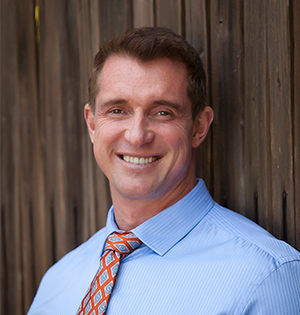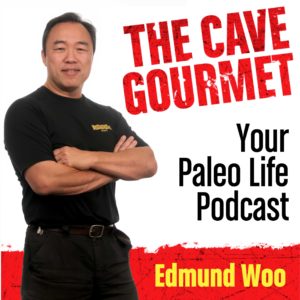Dr. Kirk Parsley served as an Undersea Medical Officer at Naval Special Warfare Group 1 from 2009-2013. He is a member of the American Academy of Sleep Medicine, and is certified in Hormonal Modulation (age management medicine). After leaving the Navy, he went into concierge medicine and consulting, and continues to consult for corporations, pro athletes and teams. He has led research worldwide on sleep, wellness, and hormonal optimization, and is currently completing a book on sleep and health optimization. His philosophy for wellness is that we must live more closely to the way we evolved as a species. Many diseases and disorders we’ve developed in society are unnecessary combinations of poor sleeping habits, living in a toxic environment, eating foods we were not designed to digest, and allowing stress to overwhelm us.
5:00
How did you become a Navy SEAL and specialist on sleep?
8:41
I chose 2 professions that didn’t value sleep obviously. When you’re younger and your testosterone and hormone levels are higher it’s easier to manage, but as you get older and those levels drop it gets tougher. It’s ironic that the medical community, ostensibly the gatekeepers of health, required congressional action to reduce doctors’ hours to 80 a week.
How’d you go from obstetrics and gynecology to sleep?
The SEALs were willing to come and talk to me about things they didn’t want to talk about, things that might disqualify them from their jobs. One guy after another told me the same stories about a nebulous poor performance creeping in. They were having problems with body composition, memory, physical performance, sex drive, gym performance, just staying motivated and staying emotionally available, all kinds of stuff. I thought it was adrenal fatigue/combat stress, but the research available at the time wasn’t useful to me. I gradually ramped up my own knowledge by speaking to other experts in the field through this position.
17:00
What I was really trying to do was improve their hormones – their testosterone was low, their growth was low, their thyroid function, insulin sensitivity was poor; every kind of marker for these hormones was low. To boost these hormones naturally, everything came back to getting enough sleep. Once I tried this myself I realized it definitely was the answer.
24:00
When I was younger I thought 6 hrs of sleep was enough, people say when you get older you need less, but it’s the opposite. So many people who are very busy and stressed get 5 or 6 hrs of sleep, have a couple of Starbucks a day, and in the evening they drink wine or beer to help relax and go to sleep; they may or may not be sleeping well.
That’s the typical westernized industrialized way of life. Unfortunately with the advent of light bulbs and artificial lighting, we threw away a few million years of evolution.
26:00
There is no research that supports sleeping less than 7.5 hrs. The number comes from sleep adaptation, not how people historically slept.
31:00
So if we haven’t been sleeping 7.5 hrs on a regular basis, then you would initially sleep longer at first to make up that “sleep debt.” Your body repairs itself and grows when it’s asleep– everything happens and is better when you’re sleeping. That’s why it’s so important.
34:00
What are the basics of getting better sleep?
Getting people to believe that they need 7.5-8 hrs of sleep. In modern society we have to decrease the amount of light saturation going into our eyes, and then we have to decrease the stimulation of our brain and prevent it from interacting with the environment so much. That’s all sleep hygiene is.
The definition of sleep means that there’s a barrier between you and your environment, which you can be awakened from. Nutrition, exercise and stress control play into it—I recommend optimizing all four pillars of health—but nutrition impacts sleep a lot and sleep impacts your appetite and your food choices and willpower the next day.
39:00
What about taking a low dose of melatonin before bed? What is your sleep product?
Biohacking via pharmaceuticals (making your body do things it’s not supposed to do) isn’t a healthy or sustainable thing. So I recommend getting your diet under control and eating whole foods, and your insulin sensitivity will improve. You’ll also give yourself the micronutrients you need for your brain to be able to do what it should do.
As long as the melatonin dose is small enough to where it doesn’t interfere with your brain’s sensitivity to melatonin. My product is super low in melatonin, and it’s just enough to where your brain has to keep doing everything to keep going. My product helps consolidate the 3.5-4 hrs before bed that our ancestors did so you can push that down to a 30-45 min window. It’s good for people who do shift work or aren’t going to get adequate amounts of sleep, or anyone trying to dial their health back in. Some people use it for jet lag or intermittent stress periods.
Go to http://www.docparsley.com/ for the product or ways to contact me and find more information, as well as podcasts and other blogs.
Podcast: Play in new window | Download



Recent Comments